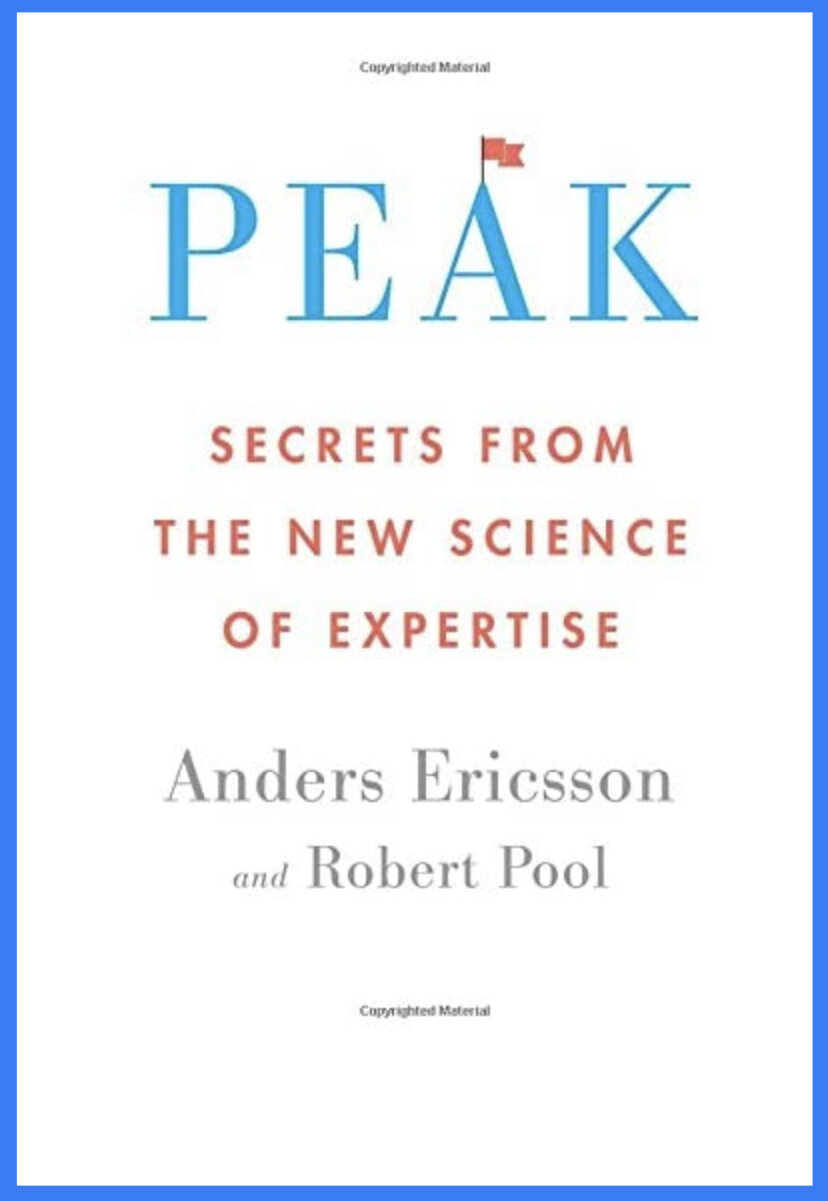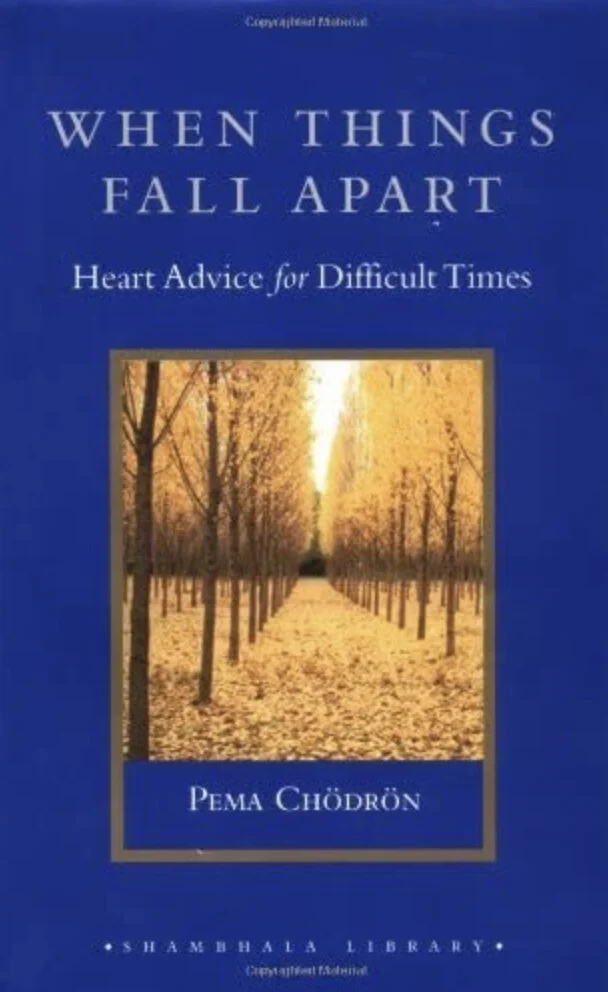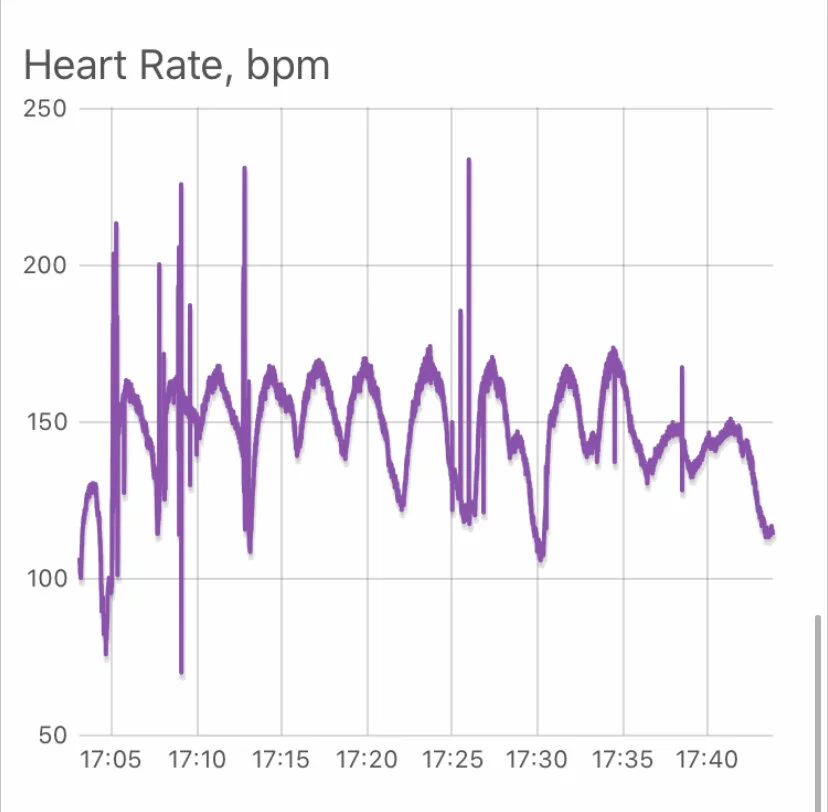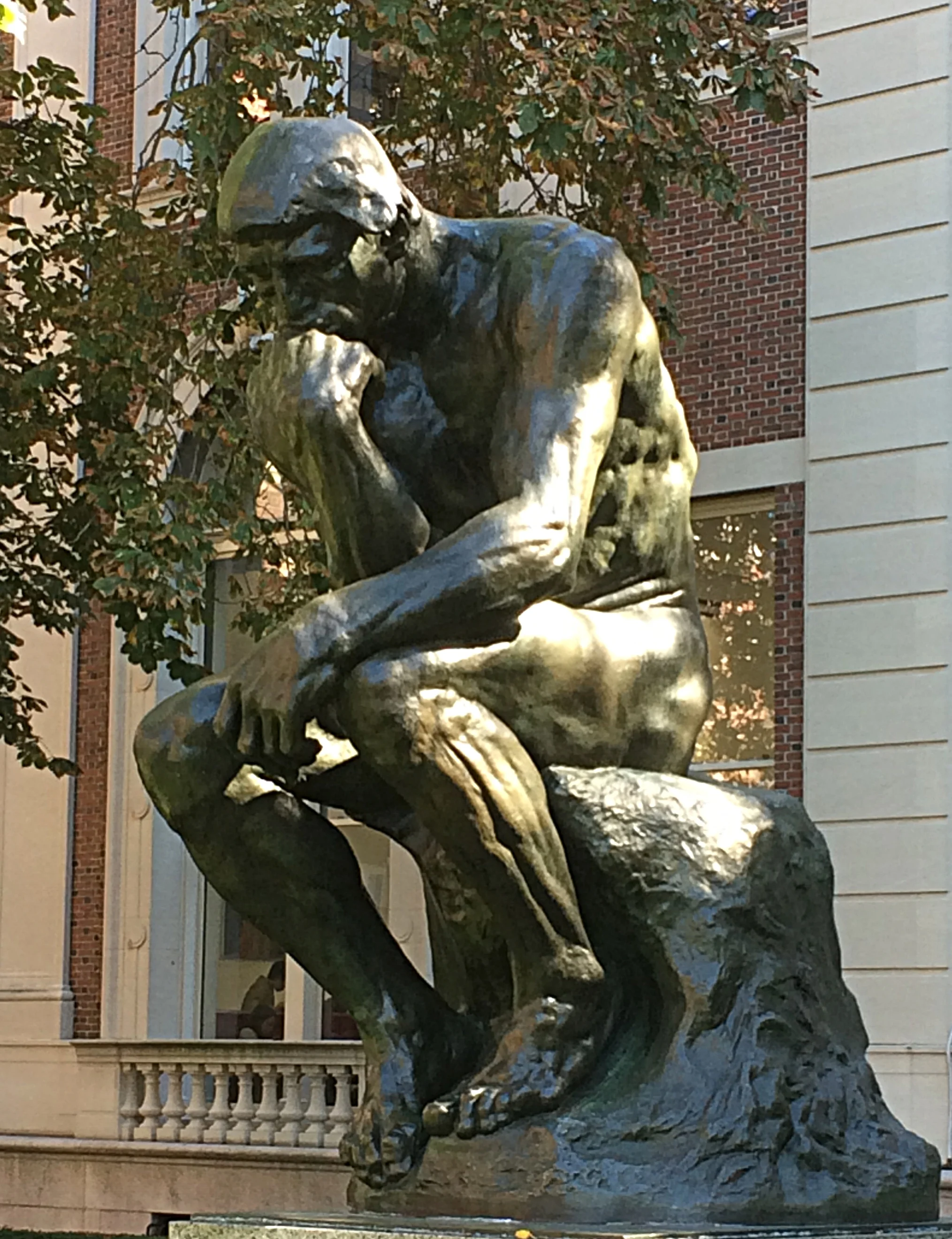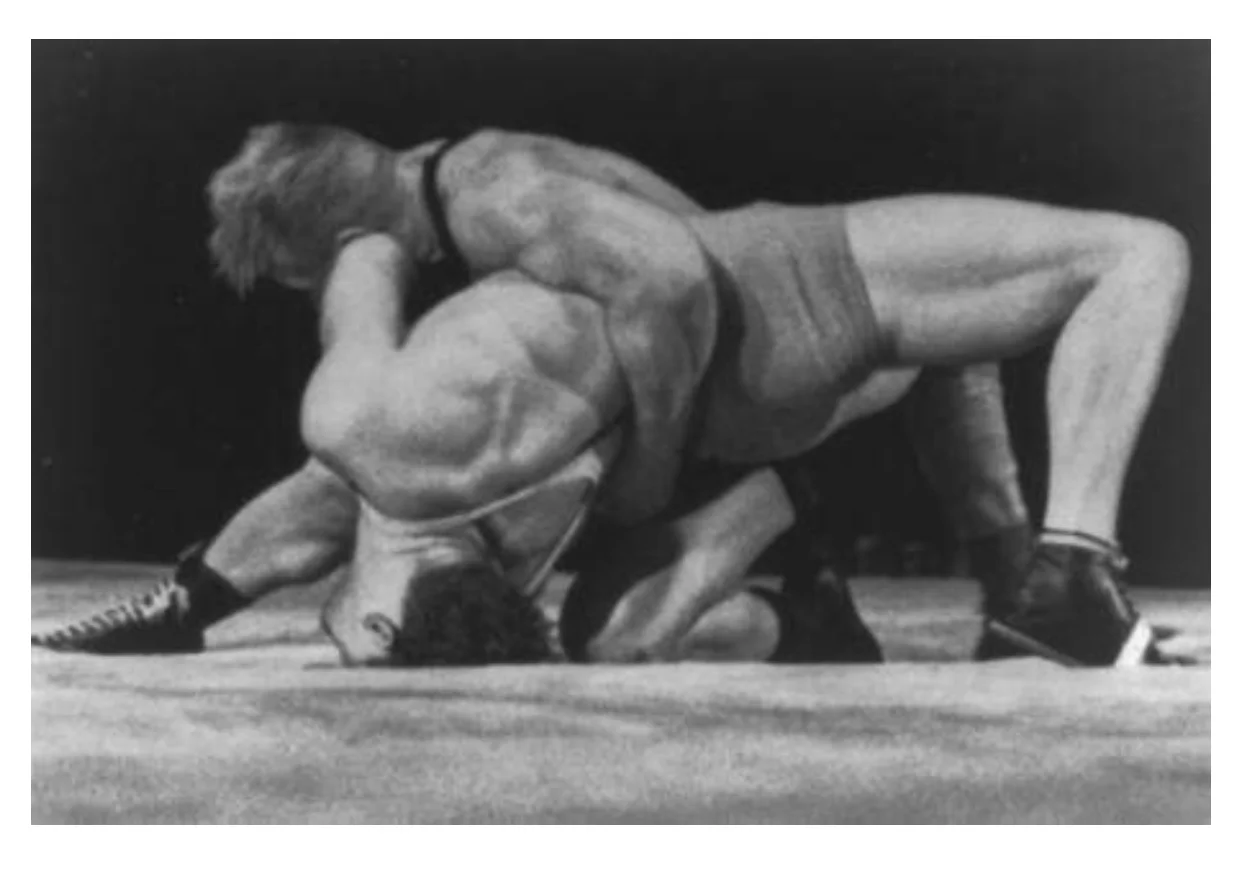Becoming a Warrior in All Circumstance
Warrior mindset in all arenas.
We’ve been forced into a trade agreement with circumstance. Part of this agreement is already etched in stone. We’ve lost things dear to us – the partial health of our society and our economy, normalcy in daily life, our typical academic year, and the 2020 NCAA Championships. There’s no way to know what else will be moved from the “Expected Returns” column to the “Incurred Losses” column on life’s balance sheet.
I’m not here to tell you to walk it off, or to suck it up. These thoughtless expressions imply leaving the experience behind. We want to do exactly the opposite of that. Since uncertainty and disappointment are already planning their return, it’s important we get better, or even great, at facing them. To do this, we first have to recognize that the emotions and responses we have toward circumstances are tangible elements. We can grab ahold of these elements and work with them. We blame circumstance for our discomfort but really, it is our unleashed response that attacks us. Epictetus, a man born into slavery almost 2,000 years ago who eventually became one of the grandfathers of stoic philosophy said,
What really frightens and dismays us is not external events themselves, but the way in which we think about them. It is not things that disturb us, but our interpretation of their significance.
By taking on the perspective offered by Epictetus, we focus less on the conditions that are beyond our control and more on the internal reactions that are the root of our suffering to begin with. The good news is that while the external details evoking fear, disappointment, or uncertainty seem to come as a novel surprise each time, the internal storms we feel in the midst of these conditions will reappear with predictable similarities. For example, anxiety feels similar no matter what the context, and feelings like anger, loss, joy, and excitement are also this way. This recurring quality affords us the opportunity to practice and improve our ability to deal with these emotions and to appropriately delegate how much influence we give them.
When it comes to understanding how to practice and improve, performance psychologist Anders Ericsson is the mind to consult. In his book Peak: Secrets from the New Science of Expertise, he tells us that in order to not only improve, but to master a domain, we have to do more than passively re-experience it. We must stay with the afflictions presented by our temporary halt in progress long enough to force mental adaptations. This is the crucial step in what Ericsson has termed deliberate practice. Ericsson explains that staying with our frustration and practicing a willingness to change our mental representations is what ultimately leads us to master a skill and overcome our perceived limit.
Our response to distress can be improved slightly by passive practice, as in the way life happens to all of us and then we get pissed, suck it up, and walk it off. Or! We can master our response with deliberate practice.
Throughout his book Ericsson refers to examples of mastery in specific skill sets like chess, tennis, and playing the violin. I believe we can adopt his concept of deliberate practice to develop emotional awareness and mental skills that will serve us across a wide range of experiences. With deliberate practice, an expert tennis player can accurately predict the trajectory of a ball coming off a racket at over a hundred miles an hour. And by applying a willingness to stay with our frustrations, we can skillfully predict and respond to the internal emotions that come rushing at us.
Just as Ericsson is an expert in the improvement process, I consider Pema Chödrön an expert in cultivating this willingness to stay with and to get to know our internal reactions. In her book, When Things Fall Apart: Heart Advice for Difficult Times, Chödrön points out that this staying power is not for the faint of heart:
When things are shaky and nothing is working, we might realize that this is a very vulnerable and tender place… We can shut down and feel resentful or we can touch in on that throbbing quality.... It’s a kind of testing, the kind of testing that spiritual warriors need in order to awaken their hearts.
Consider the interior climate that accompanies our critical moments. These critical moments might be competing in a high stakes wrestling match, interviewing for a new job, or taking the next step in a relationship. Before, during, and after these defining events, we face an onrush of emotional stimuli. If we stay in the hot seat and work with the recurring discomfort, overcoming our tendency to disassociate and leave the experience behind, we can master our mindset. This is how we fight to rebalance the losses which circumstance has claimed. We trade them for an opportunity to master ourselves and to learn something about what it means to be human.
By staying with these moments, we hold the space between stimulus and response that enables us to, as Ericsson imparts, improve our mental representations. Whether it’s a pandemic, an elementary school wrestling match, or something in between, we are presented with the opportunity to develop new and powerful faculties. Of which, we can use to greet the next challenge with the heart of a warrior.
By Joe Nord
If you enjoyed the read and want to get notified of future posts, sign up below! Don’t worry, we won’t flood your inbox with unnecessary or excessive emails.



